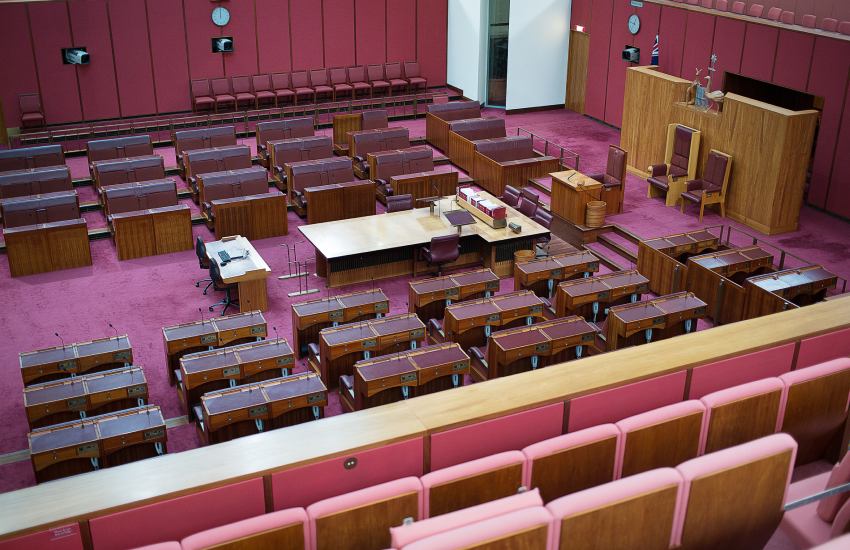The composition of the Senate could prove an obstacle for Labor and influence its tax settings, said Scott Treatt and Robyn Jacobson of the Tax Institute on this week’s Accountants Daily podcast.
Although there are doubts over the final make-up of the 76-member Senate it is already clear the government will need support from the Greens or independents, said Mr Treatt, who is head of tax policy and advocacy at TI.
You’re out of free articles for this month
“In the Senate, the magical number is 39 and there are still three seats in doubt,” he said. “At the moment we’ve got 31 sitting with the Coalition, two going to One Nation, two to Jacqui Lambie Network, one to David Pocock. We’ve got Labor with 25, and Greens with 12,” Mr Treatt said.
He said on current projections the three remaining places would likely go one each to Liberal, the United Australia Party and Labor, meaning the government and Greens combined would reach only 38 seats – one short of a majority.
“Labor is going to need the support definitely of the Greens. But the Coalition – if they get all of the minor parties on board – will have the ability to block things should they feel the need,” Mr Treatt said.
The Greens supported Labor’s policy for a tax crackdown on multinationals but went further with a proposal for a 40 per cent levy on super profits of large corporations and a “tycoon tax” on billionaires.
“The policies of the Greens, the policies of some of these other minor parties remain relevant in the discussions in the backroom. They’re the discussions which help secure a passage of different bills,” Mr Treatt said.
“I’m sure the Greens will be raising some of those ideas – so that 40 per cent super profits tax on larger corporations I’m sure will get discussed from time to time.
“As to whether or not it will see the light of day, I’m not so sure.”
He said the Green’s proposal for a 6 per cent annual impost on those with more than $1 billion in assets added up to $60 million a year per individual and might prove tempting to some in government.
“Multiply that out by the number of affected people that the Greens purport that this impacts – 122 individuals – and that’s $7.4 billion a year,” Mr Treatt said.
“So it could be attractive to Labor – and it’s only 122 votes you don’t get! It’s not a Labor policy – I’ll stress that – it’s just something that might shape some of the discussions in the backroom.”
Tax Institute senior advocate Ms Jacobson said the rise of other independents – the so-called teal independents – had raised issues such as climate policy, greater equality for women and the establishment of an integrity commission, but they had also put forward ideas relating to research and development, innovation, and greater support for small businesses in terms of tax policy.
“When we look at couple of the independents in particular – Kate Chaney of Curtin in WA and Allegra Spender in Wentworth in NSW – they have some really interesting remarks about tax reform,” Ms Jacobson said.
Mr Treatt said those two independents were raising an issue that the major parties avoided.
“I know Allegra wanted to establish a parliamentary review of the tax system to report back so that we could push tax reform. And Kate has certainly been out there saying the tax system is not future-fit,” Mr Treatt said.
https://www.accountantsdaily.com.au/tax-compliance/17089-what-s-in-store-for-labor
“And they’re both spot on – we do need a review. The system is not future-fit, and the more noise they can make within the walls of Parliament, the better it is for what we might be able to look out for the future.”
Listen to the podcast here:
https://www.accountantsdaily.com.au/tax-compliance/17089-what-s-in-store-for-labor

 Login
Login







